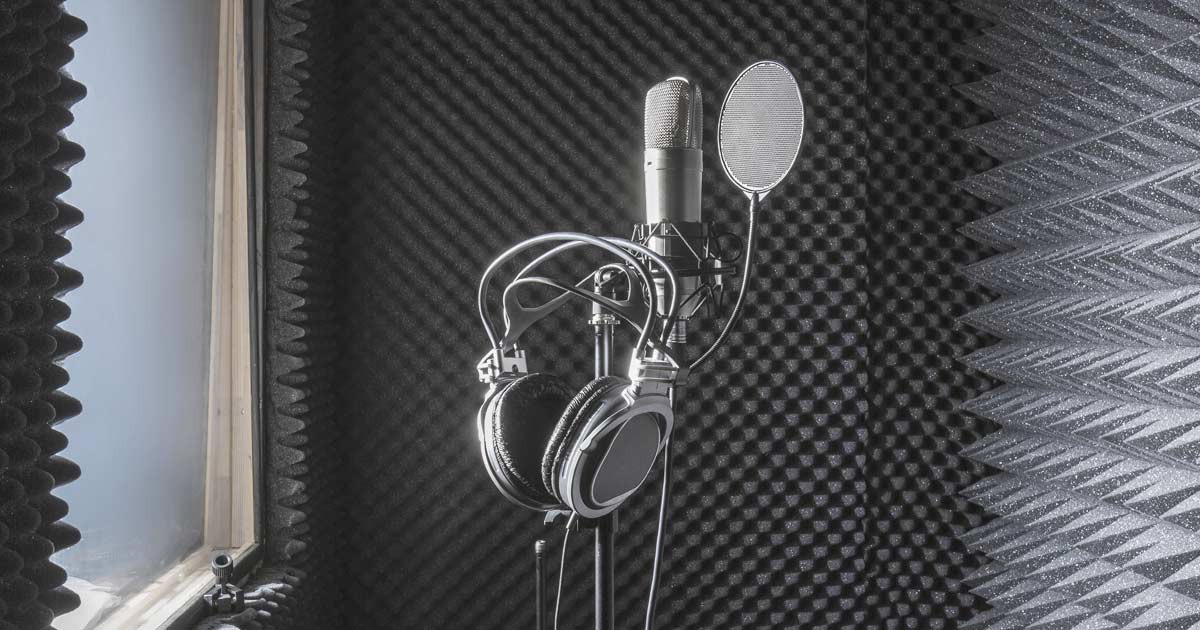This is part one of a four-part series.
The ownership and sale of music masters is a frequent topic in the news. Some artists, such as Kanye West and Taylor Swift, are taking great pains to reacquire their own masters from their labels, or to rerecord their original music so they can own the new masters. This is uncommon because labels often own the masters and the associated rights. So, what exactly are the masters, what is the benefit of owning them and what rights are associated with them?
This article is part one of a four-part series that explores the Unidisc decisions and goes into detail on the issues of music masters, copyright, the world of song publishing and recording, and whether there is value in the masters themselves.
The Unidisc cases
A 2021 decision of the Québec Court of Appeal, Unidisc Musique Inc v L’Agence du Revenu du Québec, had to consider whether the value of the master tape recordings acquired by Unidisc Music Inc. (Unidisc) was in the physical masters themselves (tangible) or in the copyright (intangible). The difference amounted to over $2.5 million in taxes paid over a four-year period.
The taxpayer, Unidisc, describes itself as one of Canada’s largest independent record labels, known for releasing rare and hard-to-find music made between the mid-1960s and late 1980s. Their online catalog includes over 17,000 titles available for licencing. They also have an online shop where singles and albums can be purchased for download, along with vinyl reissues.
Unidisc provided evidence that it seeks out and purchases high quality masters for its portfolio. Unidisc emphasized the value of the master recordings to justify classifying them as a tangible good on its taxes. This was consistent with the position traditionally taken by the Canada Revenue Agency, but Revenu Québec took the contrary position that the value was solely in the copyright. There was also a debate over what copyright Unidisc actually owned in the masters, with Revenu Québec arguing that Unidisc owned all the rights and Unidisc arguing it did not own the publishing rights.
Unidisc eventually prevailed at trial and the masters were found to be tangible property with the true value resting in the physical tapes themselves. The trial judge held that Unidisc did not acquire all the underlying rights and instead focused on buying the best quality sound recordings. Forced to choose between allocating 100 per cent of the value to the physical medium versus the copyright, the trial judge chose the physical medium.
The trial judgment was overturned on appeal. The Québec Court of Appeal thought that some value came from the physical tapes, perhaps even considerable worth. The Québec Court of Appeal agreed that not all the rights were acquired. However, based on the evidence, there was no way to derive a possible allocation of the value between 100 per cent tangible or 100 per cent intangible. This was due to the way the case was argued by both Revenu Québec and Unidisc. However, since Revenu Québec’s assessment was presumed correct by statute, Unidisc had not displaced its burden to show the assessment was clearly wrong, and the trial judge’s finding must be incorrect. The Court of Appeal overturned the trial judge and agreed with Revenu Québec that it was 100 per cent intangible.
Unidisc was denied leave to the Supreme Court so for now, the value is considered to be found solely in the copyright, although it remains an open question for a future court to consider.
What are music masters and what does it mean to own your masters?
Masters can be described as the official recording of a song or performance. The master is best kept indefinitely because it is typically used to make all subsequent copies for distribution.
There are two forms of copyright found in the master:
- The composition (musical work, publishing right) – this is what was created by the songwriter(s) in coming up with the specific arrangement of the notes themselves, with or without lyrics.1
- The master (sound recording) – this is the recording made from the performance of the composition as performed by the recording artists. The songwriters and composers may not be the same individuals as the performers but recording the performance leads to the creation of the master, and also new and different rights under the Copyright Act.2
The individual creators own the above copyrights by default, but in reality, that ownership is usually transferred to other individuals or corporations through operation of statute or by contract.3 Accordingly, each copyright exists independently and can be held by different people.
An example of the different types of ownership of copyright played out in a bankruptcy case in Re Song Corp. The court described how the bankrupt companies (Bankrupts) had come to acquire copyright from artists including the Tragically Hip, the Nylons and Teenage Head.
The Composition (musical work) – the Bankrupts would acquire assignments of copyright ownership from songwriters to administer the copyright in the musical works. The Bankrupts would pay an advance to the songwriter and the costs of producing demos of the musical works were recoupable out of those songwriters’ royalties. These advances were smaller than the advances and expenses in the sound recordings and took years to recoup, if at all.
The Master (sound recording) – the Bankrupts typically entered into contracts with a recording artist who was not necessarily the writer of the musical work being recorded. The Bankrupts would coordinate all the production activities, including renting a recording studio and equipment, hiring other musicians and performers, and making other financial and technical arrangements in order to produce the master recording.
The Bankrupts would pay an advance to the recording artist toward the mechanical royalties that would ultimately be payable to the recording artist for each copy made and sold, and performance royalties when the musical works embodied in the sound recordings were performed publicly on radio, television or in live performance. The Bankrupts would subsequently keep all the royalties until the expense of producing the master, music videos and other costs were recouped. Only five to ten percent of recording artists were eventually recouped.
The court distinguished the two types of copyright interests in respect of music that the bankrupt companies hold as follows:4
- The copyright interests that were assigned to the Bankrupts reverted to the prior owner (which may not be the author, if copyright was transferred from the author to another).
- In contrast, copyright in the sound recordings where the Bankrupts were the “maker” remained with the trustee and could be sold and assigned to a third party.
This demonstrates how the ownership of the master does not necessarily result in ownership of all the copyright in a song.
Revenu Québec argued that Unidisc owned all the copyright in the music on the masters, despite evidence to the contrary. This subdivision of copyright informs the question of what Unidisc actually owned. This topic will be explored in part two of this series.
Part three and four of this series consider potential evidence of value aside from the copyright.
1 Copyright Act, s. 3 We can assume that the requirements for copyright are met and exist in the musical works for the purpose of this article.
2 Copyright Act, ss. 15, 18, 26
3 Copyright Act, s. 13
4 Copyright Act, s 3(1) and 18(1); Bankruptcy and Insolvency Act, s. 83.



